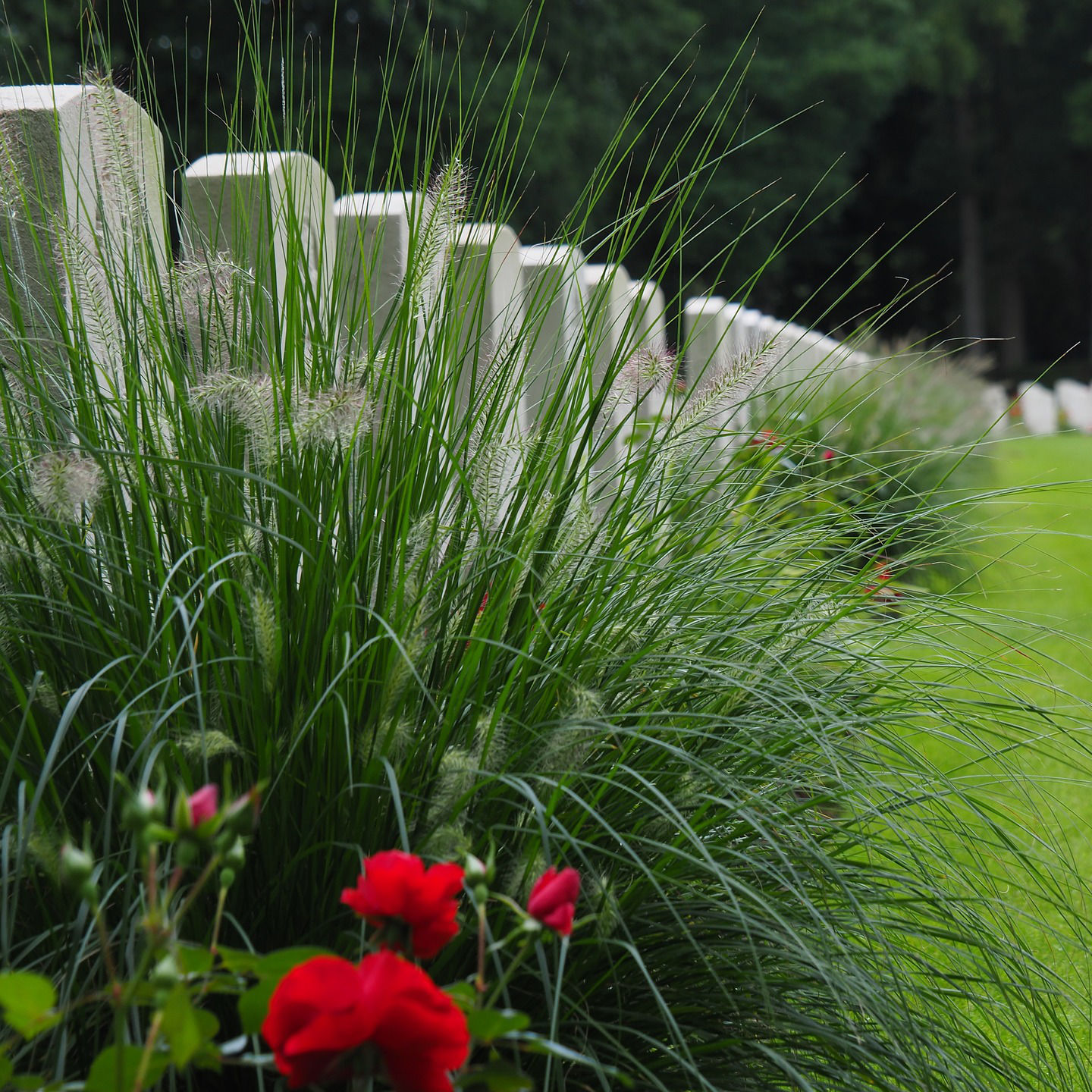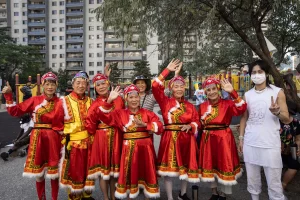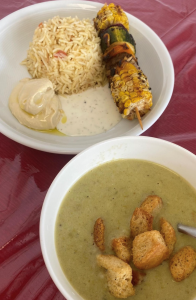Remembrance Day is commemorated on November 11th in Commonwealth countries every year. It marks the end of World War 1 on the 11th hour of the 11th day of the 11th month in 1918. The origin of this commemoration was to honour the men and women who died on both sides of the conflict. Over time it has evolved to include the recognition of the ongoing contributions of the military in service to their country. https://nationaltoday.com/remembrance-day/
Over two million people have served in the Canadian military, providing training and support to peace keeping missions as well as risking their lives in international conflict zones. Closer to home the Canadian Armed Forces (CAF) are often sought out for search and rescue missions and are called upon to respond to national disasters such as fire, storms and floods, as seen most recently in British Columbia, Quebec and Manitoba. www.veterans.gc.ca
The CAF’s ability to mobilize quickly allows a rapid response to help communities in crisis. In Ontario this was exemplified by their deployment during the pandemic to long-term care facilities that were overwhelmed by staff shortages and unable to provide desperately needed care to residents. https://www.veterans.gc.ca/eng/remembrance/wars-and-conflicts/caf-operations/service-in-canada
Although the Canadian Armed Forces has a proud history of service, it is facing an internal crisis regarding treatment of its members. Sexual misconduct at all levels of the military has forced some long overdue soul searching that demands changes in governance and operational policies and practices. In the past, LGBTQ+ communities were purged and members of Black, Indigenous and other equity seeking groups have often been left out or made to feel unwelcome. A recent report, commissioned by the Government of Canada outlines some of these failings and provides recommendations to correct them. https://www.canada.ca/en/department-national-defence/corporate/reports-publications/report-of-the-independent-external-comprehensive-review/letter.
Despite a history of facing discrimination and racism in the military, the achievements of Black Canadians have shone through. Participation in the military was hard won, especially in the First World War where they had to pressure the government to allow them to enlist. In 1916, No. 2 Construction Battalion was formed in Nova Scotia, the largest Black military unit in Canadian history. Approximately 800 people would serve with the battalion during the war. Over the following decades, Black Canadians have gone on to serve in all branches of the military. https://www.veterans.gc.ca/eng/remembrance/people-and-stories/black-canadian.
Indigenous Canadians also have a proud history of military service despite facing multiple barriers not only to enlisting but to participating in Remembrance Day activities. Indigenous veterans were not recognized in commemoration activities until 1995. For these reasons some Indigenous communities celebrate National Indigenous Veterans Day on November 8th. https://www.righttoplay.ca/en-ca/national-offices/national-office-canada/whats-new/honouring-indigenous-veterans-this-national-aboriginal-veterans-day/
It has been estimated that 12,000 Indigenous, Metis and Inuit people served in conflict zones around the world with at least 500 losing their lives. One unique contribution was as “code-talkers” where sensitive radio messages were translated into Cree so that they could not be understood by the opposition. In the North, their intimate knowledge of the land has helped to monitor coastlines in difficult to reach areas as well as being critical to local rescue operations. https://www.veterans.gc.ca/eng/remembrance/people-and-stories/indigenous-veterans
The challenges that the CAF face should not eclipse the exemplary service that people in the armed forces provide. Nor should they undermine the hard-fought gains that equity seeking groups have made to participate as equal members. November 11th is an opportunity for all of us to pause and reflect on the contributions that the Canadian military have made to advance human rights. Wearing a red poppy, the symbol for Remembrance Day, shows our support, and money collected from their sale is allocated to services for veterans and their families.



